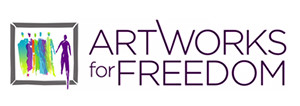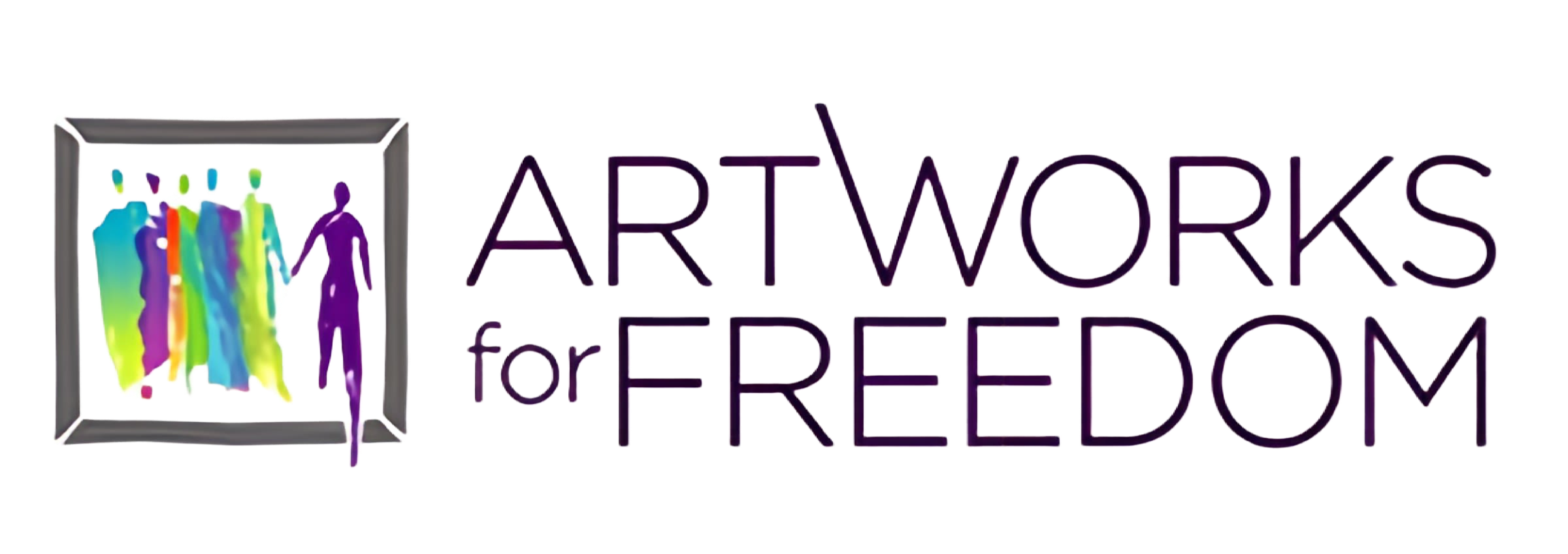In our Freedom Q&A series, we interview artists, NGO leaders, academics, students, grassroots activists and others around the world who are using their voices and creative skills to fight human trafficking.
This week, we hear from Sarah Jakiel, Chief Program Officer for the Polaris Project.
 It isn’t easy to make human trafficking your focus every day. SARAH JAKIEL, Chief Program Officer of Polaris Project, has done so for 10 years and knows what it takes to stay motivated in the field. Part of Polaris Project’s executive management team, Jakiel is responsible for leading programmatic teams and setting strategy for one of the most relied upon anti-trafficking organizations, which provides policy advocacy, direct services to trafficking survivors and runs the 24-hour National Human Trafficking Resource Center hotline. But, as Jakiel acknowledges, working on an emotionally exhausting issue, such as human trafficking, requires deliberate self-care.
It isn’t easy to make human trafficking your focus every day. SARAH JAKIEL, Chief Program Officer of Polaris Project, has done so for 10 years and knows what it takes to stay motivated in the field. Part of Polaris Project’s executive management team, Jakiel is responsible for leading programmatic teams and setting strategy for one of the most relied upon anti-trafficking organizations, which provides policy advocacy, direct services to trafficking survivors and runs the 24-hour National Human Trafficking Resource Center hotline. But, as Jakiel acknowledges, working on an emotionally exhausting issue, such as human trafficking, requires deliberate self-care.
We asked Jakiel to share how she became inspired to begin working on these issues, what she thinks others can do to get involved and why it’s important for anti-trafficking activists to take care of themselves while working hard toward social justice.
Is there someone who inspired you to get involved in anti-human trafficking work or have there been powerful moments that have kept you inspired?
I can’t trace anything back to a single person or a single experience. This career has afforded me a series of incredibly impactful moments – both positive and negative – that continue to shape and strengthen both my passion and my vision. Hearing back from a hotline caller that reaching out to us “changed the course of her life;” seeing a survivor reunited with her family after seven years and so proud to tell them about their collective future and the promise of her new job; learning about a small community’s shame that their response to a group of exploited workers living in squalid conditions without access to clean water, was to call and report them for immigration violations and to utter racial slurs; and a domestic worker relaying the heartache of the violence she suffered at the hands of her employer while she continued to care for the family’s small children with a fierce level of love and protection.
Every case, call and victim simultaneously breaks you down and builds you up. The transformation happens when you can actually see the seeds of social change begin to grow and when you can witness the resiliency of an individual spirit.
Do you have any practices that help you engage in your work while also keeping a healthy distance?
Self-awareness and honesty. If you aren’t in a good space personally to take on this work, it can be incredibly damaging to those around you and the individuals you are trying to serve. Creating space and time for yourself is key.
I think the most important part of staying healthy and balanced is still being able to see beyond the hurt and the harm to the beauty that exists alongside it. Any time you start to lose that faith – you need to take a break and find a way to change perspective.
More often than not – the reward of knowing that in some small way I am helping is enough to keep me going.
Human trafficking permeates every part of our daily lives – from the products we buy to the restaurants where we eat. What steps can people take to become more conscientious consumers?
Be willing – willing to learn about what human trafficking looks like in your community; willing to take the extra step to learn about the supply chains of your produce and your clothes and your electronics to ensure that your consumer dollars don’t support forced or child labor; and willing to support any efforts to give workers a living wage.
How do you respond to people who say, “There’s nothing that can be done to stop human trafficking”?
I don’t believe that anything is impossible. It is an incredibly long road ahead of us paved with patriarchy, gender inequality, racism and an overwhelming demand for cheap labor. But, there is also a growing unwillingness to ignore violence against women and children and the human rights and dignity of every worker.
***
Our thanks to Sarah for sharing her thoughts in our Freedom Q&A! Stay connected to Polaris Project on Facebook and on Twitter.




Leave a Reply
Want to join the discussion?Feel free to contribute!